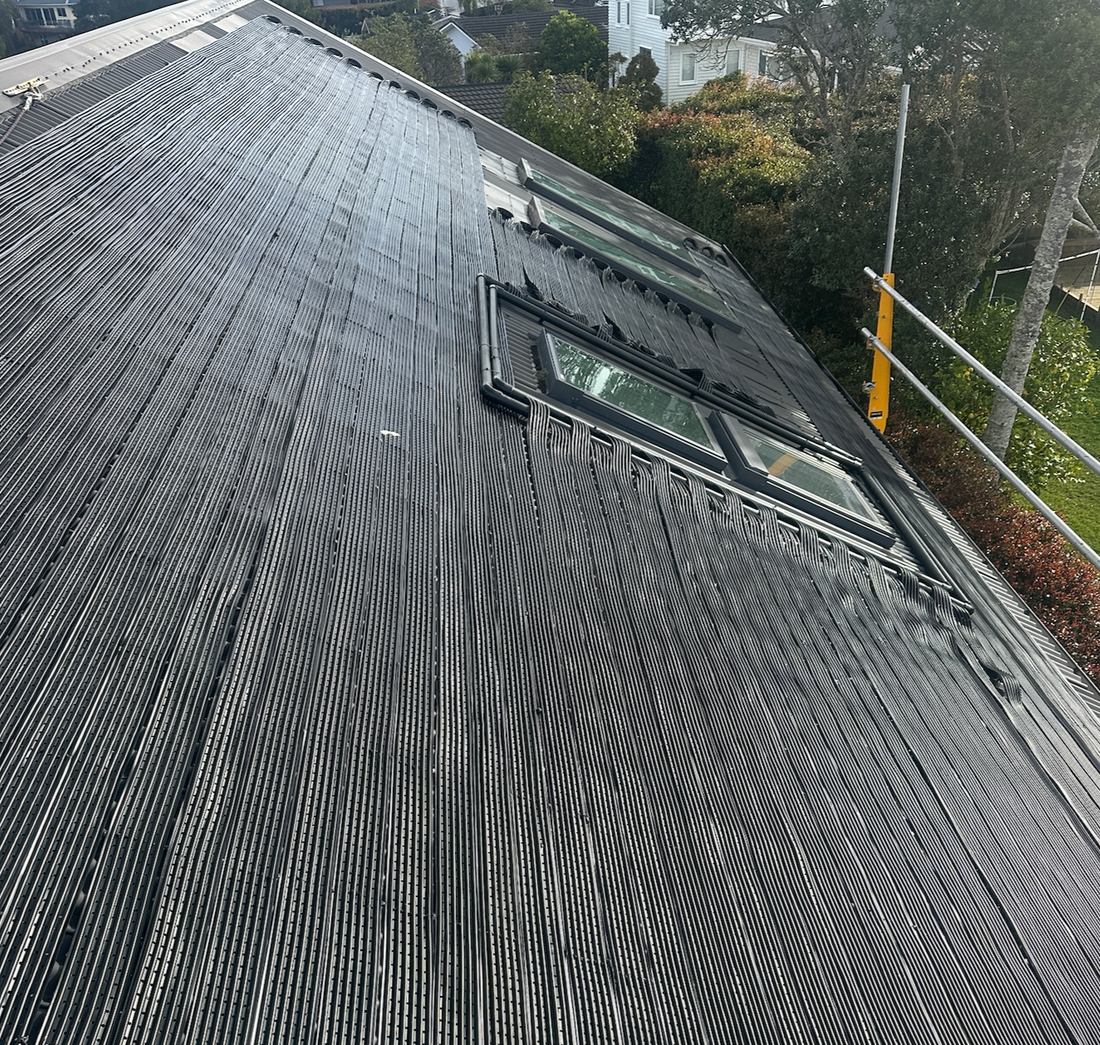
Pool solar heating and how it works in an energy crisis. Help reduce your carbon footprint
Pool solar heating systems are designed to efficiently heat your pool by harnessing the sun's free and renewable energy. Here’s how they work and why they are an effective choice:
-
How It Works: Solar pool heating systems use oversized solar collectors, typically installed on your roof, to capture and convert sunlight into heat. Our HiPEC system is designed to exceed the size of typical domestic heat pumps, allowing it to perform exceptionally well. When exposed to sunlight, an oversized HiPEC solar array can achieve a Coefficient of Performance (COP) of 30-40, which is comparable to the output of 40-50 kW heat pumps, providing excellent heating efficiency. Water that returns from the roof is warm and often hot. Hot water returning into the pool, proves that solar heating is efficient.
-
Energy Efficiency: Solar pool heating systems require only about 1500 kWh of energy per season, making them highly efficient. This low energy consumption translates into significant savings—potentially thousands of dollars over a swimming season—by utilising free solar energy instead of costly electricity or gas.
-
Current Energy Crisis: In the context of the ongoing energy crisis, traditional pool heat pumps, which rely on electricity or gas, are becoming increasingly expensive and less sustainable. While they might be efficient, you are using valuable energy at a cost per kw. They contribute to higher ongoing energy bills and greater energy consumption, exacerbating the current energy challenges. Even if a heat pump is efficient, the cost to heat water is an un necessary way to heat water, where the sun can achieve a better result. Granted if the weather isnt ideal. Pool solar will not work, while a heat pump will also struggle. But the questions is, if the weather is crap, will you swim anyway. The simple answer is no. As soon as the sun comes out, pool solar will heat the pool water faster.
-
Inefficiency of PV Panels for Heat Pumps: Using photovoltaic (PV) panels to power a pool heat pump is often impractical. A pool heat pump typically requires around 25,000 kWh per season, far exceeding the capacity of a standard 6-10 kW PV array, which is generally insufficient for meeting such high energy demands. The cost of installing enough PV panels to cover this requirement is prohibitively high, making it a less efficient and more costly solution compared to a solar pool heating system. A heat pump has a lifespan, typically around 7.5 years. PV panels and batteries also have a short life span compared to pool solar heating. So this spend is not an efficient way to heat water. a 10 year energy formula to run a pool heat pump using PV panels is at least 250,000 kWh per 10 year. Teamed up with a replacement costs of the heat pump appliance, becomes impractical.
In summary, solar pool heating systems offer a highly efficient and cost-effective way to maintain your pool's temperature. By using free solar energy, A PSH HiPEC solar system can minimize energy consumption and savings on bills, while traditional heat pumps and PV-powered systems are less effective and more expensive alternatives over time.
We are always happy to help out with any questions or answers. We can give you real numbers and performance. We specialise in pool heating.
What heats a pool the best, pool solar heating or a pool heat pump?
How to heat a pool in New Zealand?
What is better, pool heat pump or pool solar heating?
Do you need a thermal blanket?
